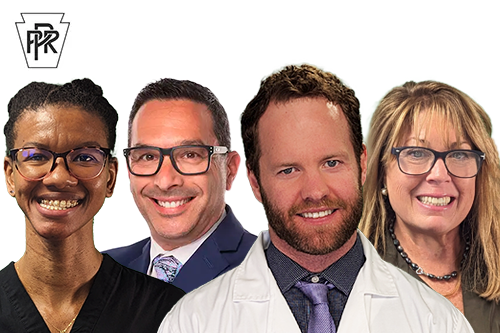
Discover The 5 Benefits of Accident Therapy
Whether you’ve experienced a minor fender bender or a more serious accident, your body may be harboring hidden limitations that are hindering your daily life. Accident therapy is a powerful tool that can unlock your body’s true potential, alleviating pain, restoring mobility, and enhancing overall well-being. In this article, we will explore the transformative effects of accident therapy, shedding light on its numerous advantages and how it can help you regain control of your life.
From reducing chronic pain to improving flexibility and preventing future injuries, accident therapy offers a holistic approach to healing that targets both the physical and emotional aspects of recovery. So, join us as we embark on this enlightening journey of self-discovery, and unlock the hidden potential within your own body.
What is Chiropractic Accident Therapy?
Accident therapy, also known as rehabilitation therapy, is a specialized treatment that focuses on restoring physical function, reducing pain, and improving overall well-being after an accident. It encompasses a range of therapeutic techniques and approaches designed to address the unique needs of individuals recovering from accidents, whether they are car accidents, workplace incidents, or sports injuries. Accident therapy aims to help patients regain their independence, improve their quality of life, and prevent future injuries.
Accident therapy is based on the understanding that accidents can have a profound impact on both the physical and emotional well-being of individuals. It takes into account the body’s response to trauma and the complex interplay between physical and psychological factors in the recovery process. By addressing these factors holistically, accident therapy offers a comprehensive approach to healing that goes beyond just treating the symptoms.
Accident therapy may include various modalities such as physical therapy, occupational therapy, massage therapy, chiropractic care, and psychological counseling. The specific treatment plan will depend on the nature and severity of the accident, as well as the individual’s unique needs and goals. The ultimate aim of accident therapy is to restore the body’s natural balance, improve function, and enhance overall well-being.
Understanding the Body’s Response to Accidents
When the body experiences an accident, whether it’s a car crash, a fall, or a workplace injury, it goes into a state of shock. This shock response triggers a cascade of physiological and psychological changes that can have long-lasting effects on the body’s functioning. The body’s natural instinct is to protect itself, often leading to muscle tension, inflammation, and restricted movement.
In addition to physical trauma, accidents can also leave individuals feeling emotionally and mentally shaken. The fear, anxiety, and stress associated with accidents can further exacerbate the physical symptoms and hinder the recovery process. Understanding the body’s response to accidents is crucial in order to effectively address the underlying issues and promote healing.

Accident therapy takes a holistic approach to recovery by addressing both the physical and emotional aspects of trauma. By incorporating techniques that target both the body and mind, accident therapy can help individuals overcome the physical limitations and emotional distress caused by accidents. This comprehensive approach allows for a more complete and sustainable recovery, enabling individuals to regain control of their lives and unlock their body’s full potential.
Benefits of Accident Therapy
Accident therapy offers a wide range of benefits that can greatly improve the quality of life for individuals recovering from accidents. Here are some of the key advantages of accident therapy:
1. Pain Relief and Management
One of the primary benefits of accident therapy is pain relief and management. Accidents can cause acute and chronic pain, which can significantly impact an individual’s daily life and overall well-being. Accident therapy techniques such as physical therapy, massage therapy, and chiropractic care can help alleviate pain by reducing inflammation, improving circulation, and promoting the release of endorphins, the body’s natural painkillers. By addressing the underlying causes of pain, accident therapy provides long-term relief and improves the individual’s quality of life.
2. Restoring Mobility and Function
Accidents can lead to a loss of mobility and function, making it difficult for individuals to perform everyday tasks and activities. Accident therapy focuses on restoring mobility and function through targeted exercises, stretches, and manual techniques. Physical therapy, for example, can help strengthen muscles, improve range of motion, and enhance balance and coordination. Occupational therapy can assist individuals in regaining the skills necessary to perform daily activities, such as dressing, cooking, and driving. By restoring mobility and function, accident therapy enables individuals to regain their independence and resume their normal activities.
3. Preventing Future Injuries
Accidents can leave the body vulnerable to future injuries. The weakened muscles, imbalances, and compensatory movements that occur as a result of an accident can increase the risk of re-injury. Accident therapy aims to address these vulnerabilities and prevent future injuries by strengthening the body, improving posture, and promoting proper movement patterns. By identifying and correcting any imbalances or weaknesses, accident therapy helps individuals build a solid foundation for long-term injury prevention.
4. Improved Mental and Emotional Well-being
Accidents can have a significant impact on an individual’s mental and emotional well-being. The fear, anxiety, and trauma associated with accidents can lead to depression, post-traumatic stress disorder (PTSD), and other psychological issues. Accident therapy recognizes the importance of addressing the emotional aspects of trauma and incorporates techniques that promote mental and emotional well-being. Psychological counseling, relaxation techniques, and stress management strategies are often included in accident therapy programs to help individuals overcome the psychological effects of accidents and regain a sense of control and resilience.
5. Enhanced Overall Well-being
Accident therapy is not just about treating the physical symptoms; it is about enhancing the overall well-being of individuals. By addressing both the physical and emotional aspects of recovery, accident therapy provides a holistic approach that promotes overall wellness. The combination of physical therapy, occupational therapy, massage therapy, and psychological counseling helps individuals achieve optimal health and well-being, allowing them to live a fulfilling and productive life.
How to Find a Qualified Accident Therapist
 Finding a qualified accident therapist can seem overwhelming, but with the right approach, it can be a straightforward process. Here are some steps to help you find a qualified accident therapist:
Finding a qualified accident therapist can seem overwhelming, but with the right approach, it can be a straightforward process. Here are some steps to help you find a qualified accident therapist:
1. Ask for Referrals
Start by asking for referrals from healthcare professionals, friends, or family members who have had positive experiences with accident therapy. Their personal recommendations can provide valuable insights into the quality of care and outcomes you can expect. Be sure to ask about their specific experience with the therapist, the types of treatments they received, and the overall results they achieved.
2. Research Online
Take advantage of online resources to research accident therapists in your area. Many therapists have websites or online profiles that provide information about their services, credentials, and areas of expertise. Read through their profiles, look for reviews and testimonials from previous clients, and gather as much information as possible to help you make an informed decision.
3. Consult with Healthcare Professionals
Consult with your primary care physician or other healthcare professionals who specialize in accident therapy. They can provide recommendations based on your specific needs and help guide you in selecting the most suitable therapist. They may also have a network of trusted therapists that they can refer you to, ensuring that you receive the highest level of care.
4. Schedule a Consultation
Once you have identified potential accident therapists, schedule a consultation to meet them in person. During the consultation, discuss your specific needs, goals, and concerns. Ask about their experience with accident therapy, the techniques they use, and their approach to treatment. Take note of their communication style, professionalism, and ability to address your questions and concerns. A successful therapeutic relationship requires trust and open communication, so it is important to find a therapist with whom you feel comfortable.
5. Consider Insurance Coverage
Check with your insurance provider to determine the coverage for accident therapy. Some therapies may be covered partially or fully by your insurance plan, while others may require out-of-pocket payments. Understanding your insurance coverage will help you make an informed decision and ensure that you can access the therapy you need without any financial burden.




